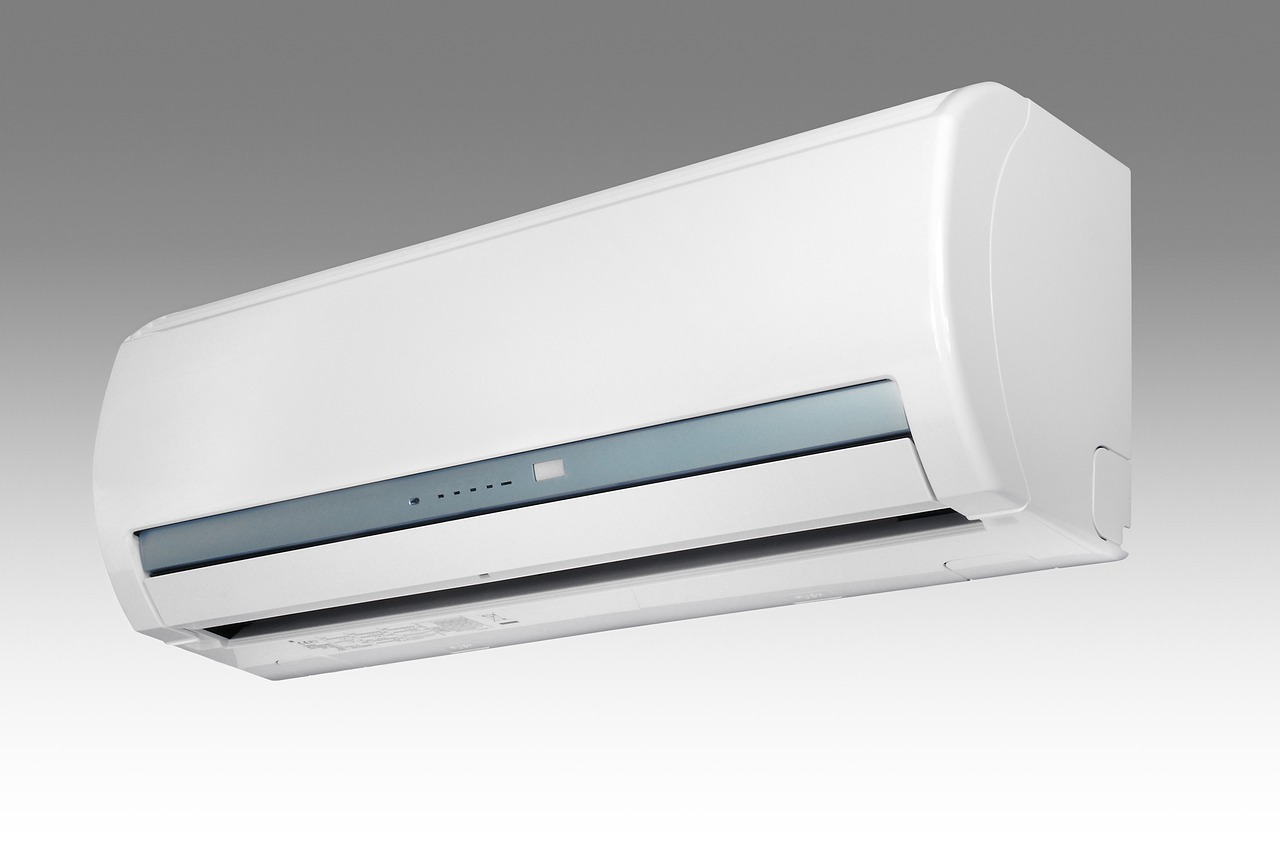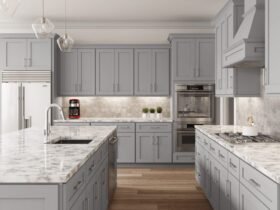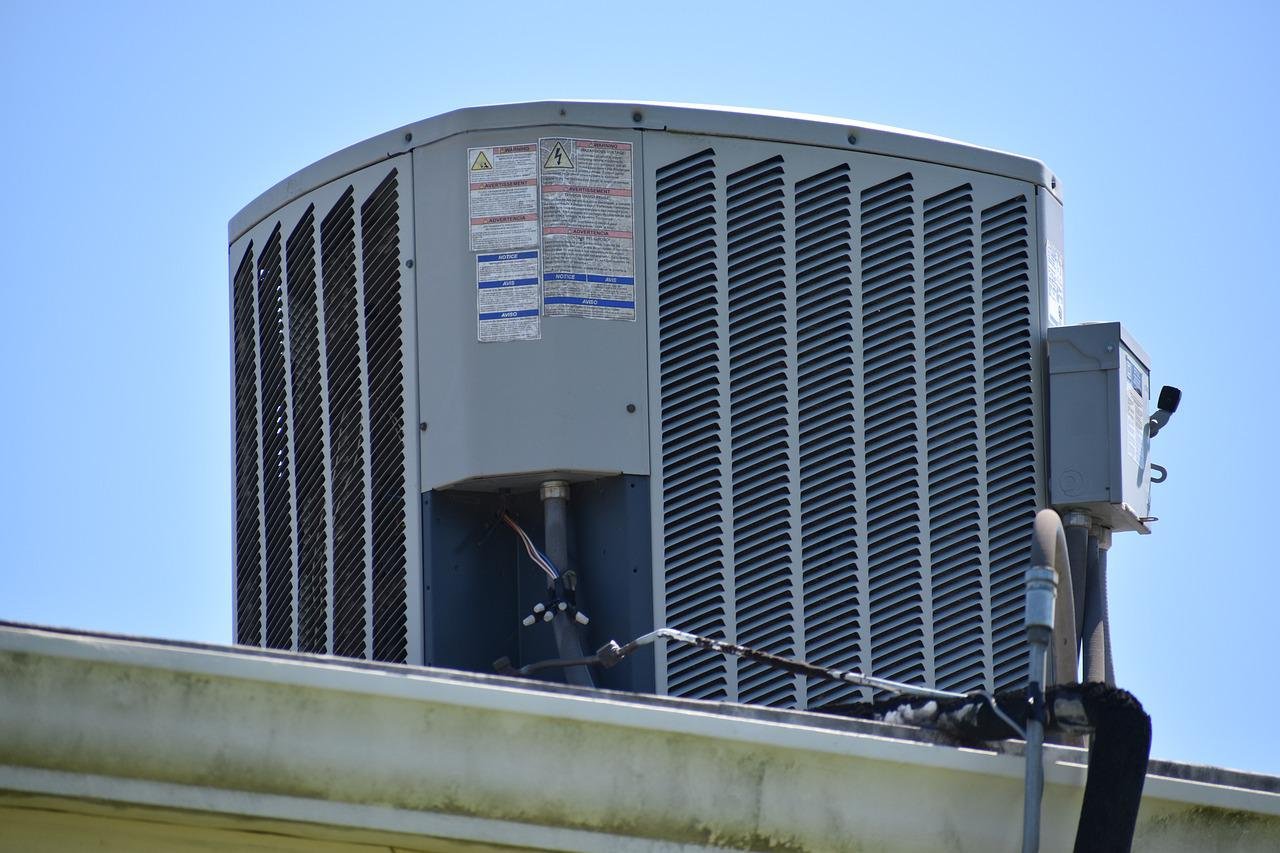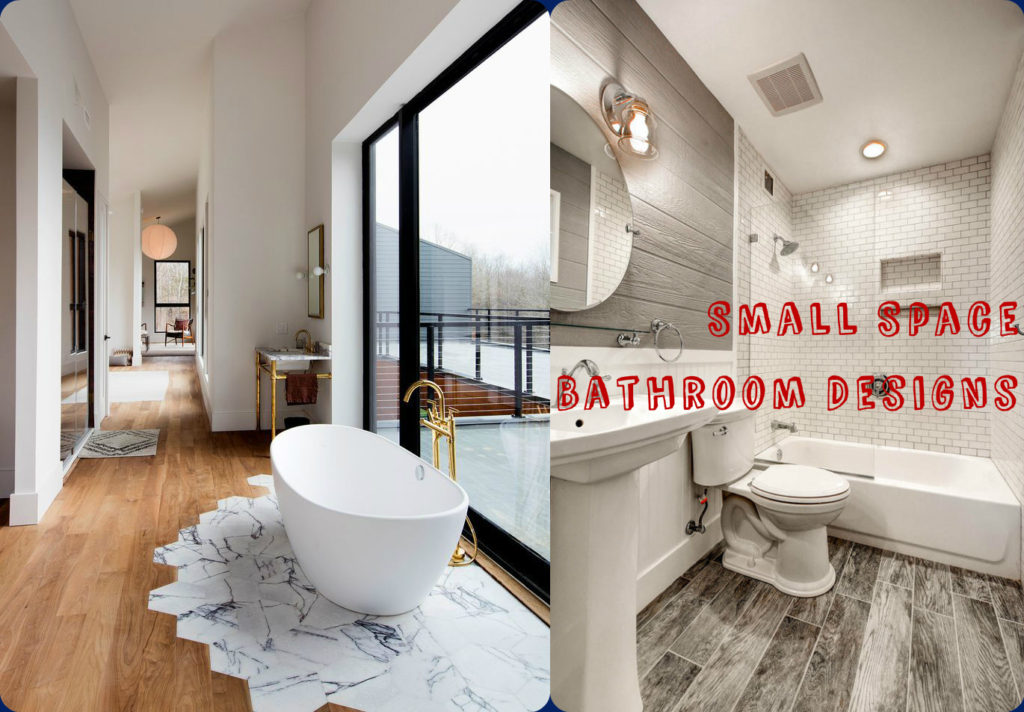Are you in the market for a new air filter? If so, you might be surprised to learn that there is more to choosing the right one than meets the eye. It’s no secret that air pollution is a huge problem. According to the World Health Organization, “Air pollution continues to take a toll on the health of people around the world.” To combat this issue, many people are turning to furnaces and air conditioners to filter the air in their homes.
You need to note that these HVACs use air filters, which must be replaced periodically. When it comes to choosing air filters, there are a few things you need to take into account. This article will discuss tips to help you choose the right air filter for your home. Let’s get started.
Find the Right Type of Filter
The first thing you need to do is find the right type of filter for your HVAC system. There are a few different types of air filters on the market, and each has its own benefits. For instance, when replacing your furnace filters, you might consider choosing a pleated, fiberglass, or washable air filter. These filters are more effective at trapping pollutants than their disposable counterparts.
You can also find Activated Carbon Filters, which are great for removing odors and VOCs (volatile organic compounds) from the air. You might consider a HEPA filter if you’re looking for an air filter to remove allergens. These filters can capture up to 99.97% of airborne particles, making them ideal for people with allergies or asthma. Ensure to choose a filter that is compatible with your HVAC system. Choosing the wrong type of filter can decrease the efficiency of your furnace or air conditioner.
Take Note of the MERV Rating
When shopping for air filters, you’ll notice that each has a MERV rating. This stands for “Minimum Efficiency Reporting Value,” and it’s a way to measure the effectiveness of an air filter. The higher the MERV rating, the more efficient the filter is in trapping pollutants. However, you need to be careful not to choose a filter with a MERV rating that is too high. If you do, your HVAC system will have to work harder to push air through the filter, decreasing efficiency.
It’s also important to note that not all HVAC systems can accommodate high-efficiency filters. Consult your HVAC contractor if you’re unsure about what MERV rating is right for your system. They will be able to recommend the best type of filter for your system based on its capabilities.
Choose the Right Size
Size matters a lot when it comes to air filters. If you choose a filter that is too small, it won’t be able to trap all the pollutants in your home. On the other hand, if you choose a too large filter, it will restrict air flow, making your HVAC system work harder than necessary.
It is important that you find the right size air filter for your furnace or air conditioner. The best way to do this is to consult your HVAC contractor or the owner’s manual of your HVAC system. They will be able to tell you what size filter you need to purchase. For instance, you cannot use a 20x25x0.75 furnace filter for a 24x24x0.50 system. This will create problems down the road. Be sure to check your HVAC system’s owner’s manual or consult your contractor before making a purchase.
Filter Replacement Frequency
Another important thing to consider when choosing an air filter is how often it needs to be replaced. This will vary depending on the type of filter you choose and the environment in which you live. For example, if you have pets or live in a dusty area, you’ll need to replace your filters more frequently than someone who doesn’t have pets or lives in a dusty area.
As a rule of thumb, you should replace your furnace filters every one to three months. However, it’s a good idea to check them monthly and replace them when they start to look dirty. This will help keep your furnace running efficiently and prevent costly repairs down the road. Filters with the best materials can be more expensive, but they will save you money in the long run by prolonging the life of your furnace.
Consider the Cost
Air filters are not a one-time purchase. You will need to replace them regularly, so it’s important to consider the cost when choosing an air filter. Some filters are more expensive than others, but they might last longer or be more effective at trapping pollutants. There is no right or wrong answer when it comes to choosing an air filter. You must find one that fits your budget and meets your needs.
However, you should not compromise quality for cost. A cheap air filter might save you money upfront, but it could cost you more in the long run if it decreases the efficiency of your furnace or air conditioner. Also, a cheaper air filter might damage your HVAC system if it is not the right size or does not have the right MERV rating. When choosing an air filter, be sure to consider the cost. But don’t sacrifice quality for cost. Choose a filter that meets your needs and fits your budget.
Original vs. Aftermarket

One final thing to consider when choosing an air filter is whether you want to purchase an original equipment manufacturer (OEM) filter or an aftermarket filter. OEM filters are made by the same company that manufactured your HVAC system. Aftermarket filters are made by third-party companies.
There are pros and cons to both OEM and aftermarket filters. OEM filters are usually more expensive than aftermarket filters. But they are also more likely to fit your HVAC system properly and last as long as the manufacturer intended. Aftermarket filters are often less expensive, but they might not fit well or last long. There are pros and cons to both. But ultimately, the decision is up to you.
Choosing air filters is more difficult than it seems. There are many things to consider, such as size, replacement frequency, cost, and type of filter. But if you take the time to do your research, you’ll be able to find the perfect air filter for your home. Use the above tips, and you will be well on your way to choosing the best air filter for your needs.


















